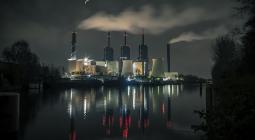Fonterra burning coal to dry milk 'insane' and must stop, says British energy expert.
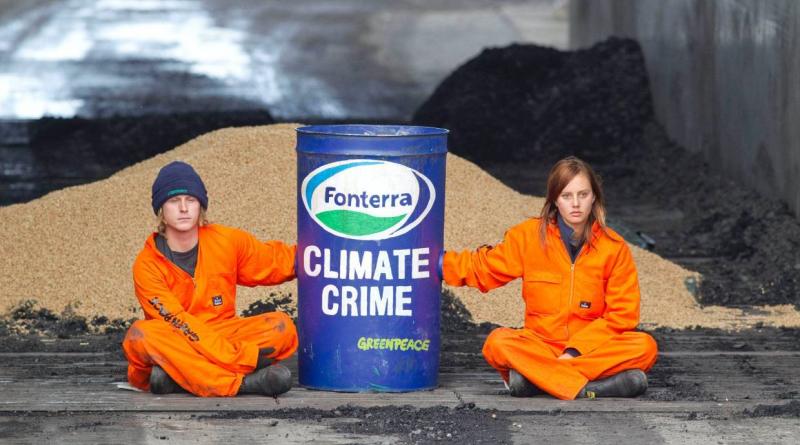
British clean energy expert Michael Liebreich has called on Fonterra to stop using coal-powered boilers to dry milk into milk powder, describing the process as "insane".
"Drying milk with coal is old school. It has got to stop," he said.
The Cambridge-educated former Olympic skier has become one of the world's most-quoted experts on clean energy after founding what is now Bloomberg New Energy Finance.
Liebreich has since advised organisations including the UN, the OECD, the World Wildlife Fund and Shell on clean energy issues.
Making his first visit to New Zealand at the invitation of Z Energy, Liebreich had a strong message for Kiwi farmers, saying they should see the opportunities in the race to curb greenhouse gas emissions.
Fonterra spokesman Chris Mirams said in response to Liebreich's comments that it was "transitioning away from coal" and did not intend to "install any new coal boilers after 2030".
He said it was trialling alternative fuels such as wood chips and would use electricity to dry milk at its plant in Stirling, but would not provide a deadline by which Fonterra would stop drying milk using coal or gas.
Genesis Energy chief executive Marc England also questioned in May why Fonterra did not electrify its factories, saying the dairy giant was using more coal than Genesis used at its Huntly power station.
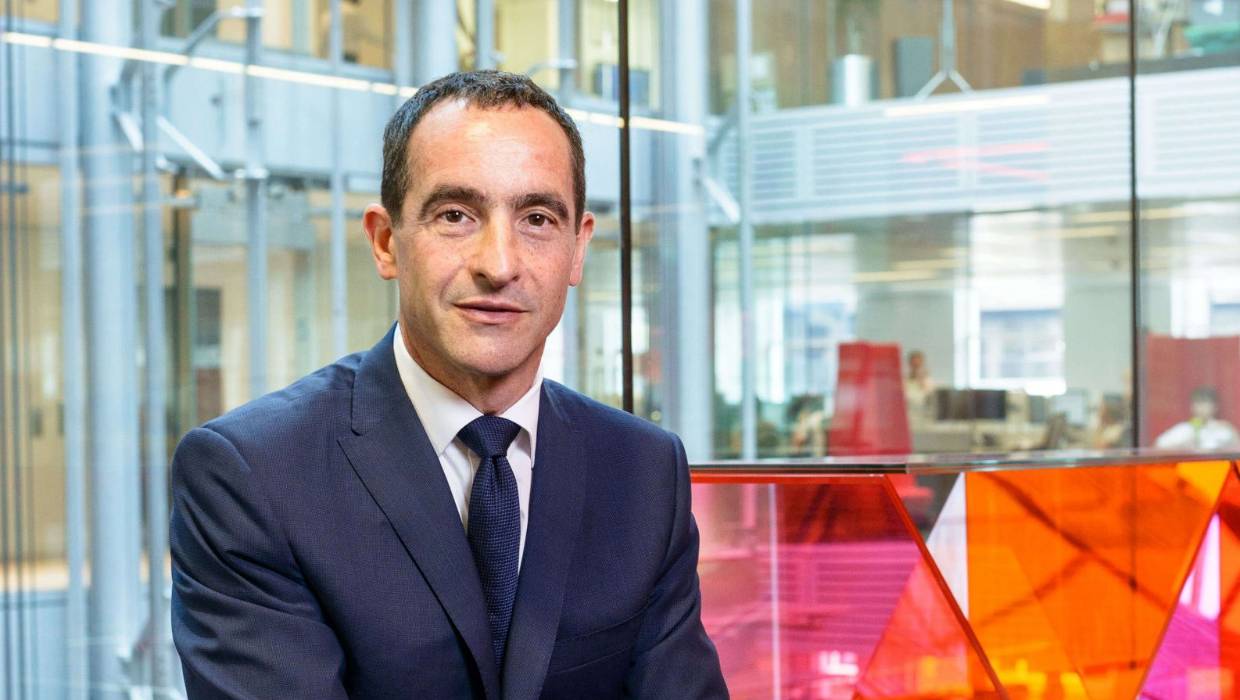
"Why not electrify those boilers and use the fact electricity is already 85 per cent renewable to reduce emissions that way?" England said.
Liebreich's visit comes at a time when practical efforts to address New Zealand's greenhouse gas emissions have threatened to become bogged down in debate over goals and targets.
Some farmers are sharply critical of the Government's methane reduction targets, and the New Zealand Initiative think-tank has questioned whether its commitment of having 100 per cent renewable electricity by 2035 is the right priority.
England has not ruled out the Huntly power station continuing to burn coal past 2030, and gas into the 2040s, saying debate is needed over the "sequencing" of electrifying the transport industry and removing its remaining fossil-fuelled generation.
But Liebreich said the Government's renewables target was a good one, even if it might be worth being flexible about the "last few per cent".
What was required was rapid innovation on many fronts, he said.
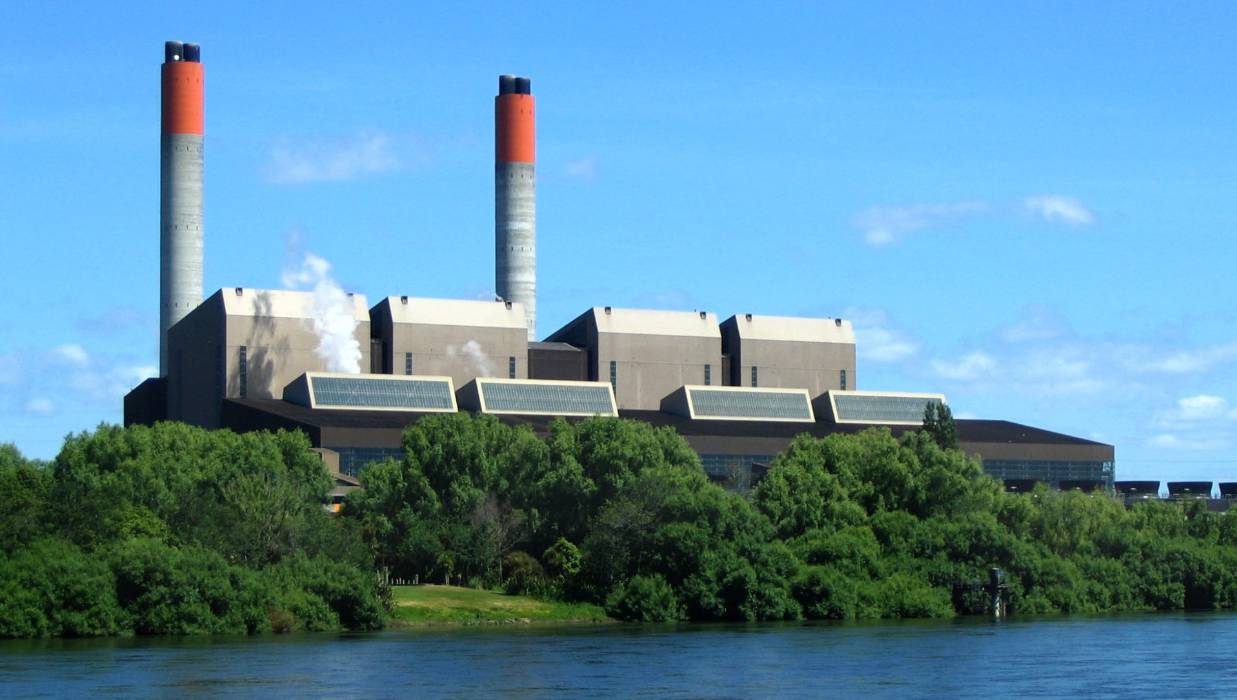
"What the science tells you about where we are headed if we don't change direction is pretty dire.
"What we can't do is say, 'we are going to do innovation in this bit of the system and then when we have done that, we'll have a good bit of time to think about the next bit'.
"We have actually got to get a lot of things happening simultaneously. If we don't dramatically reduce emissions globally by 2030, then we will be in a different situation which will be that there is no more carbon budget and every single industry has to go to gross zero."
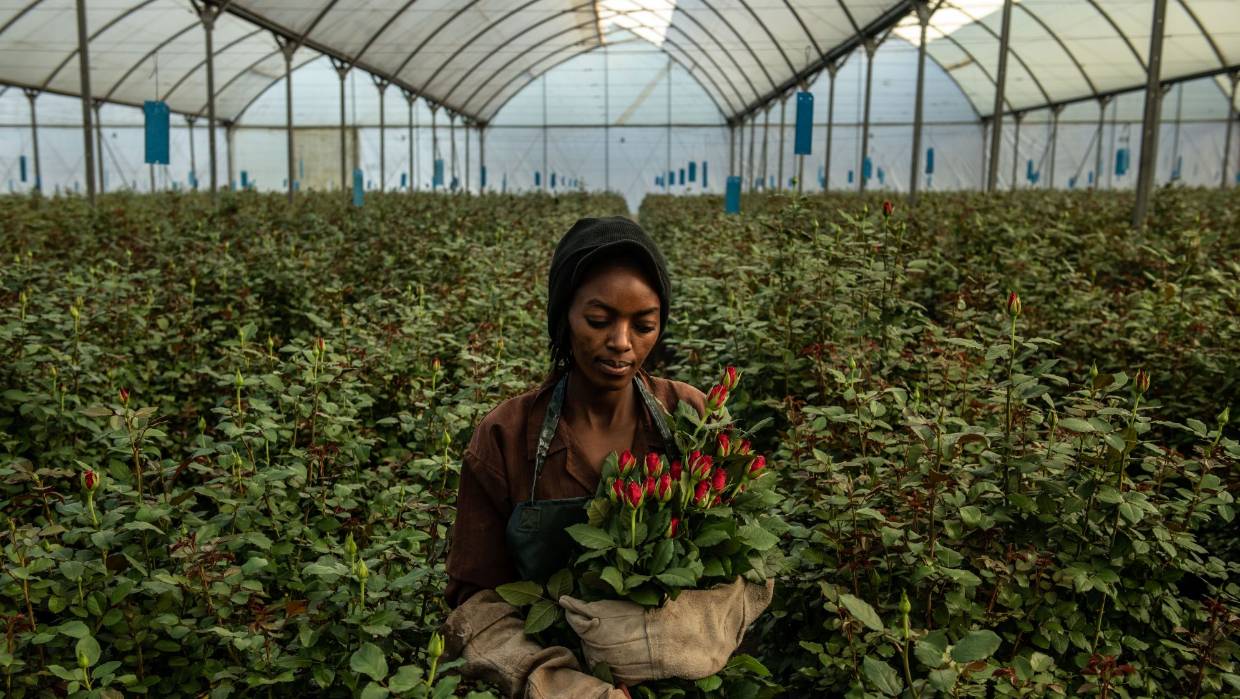
Liebreich said the concern with the 100 per cent renewables target was that the "last few per cent costs a lot and the money might be better spent elsewhere in the system where it might achieve more bang for the buck".
But it still made sense as a goal because "you don't know until you do the analysis".
"The goal should be zero gross emissions. Why not?"
Squeezing out the remaining fossil-fuelled electricity generation in New Zealand would probably involve more wind and solar, with the final peak demand perhaps ultimately met using bio-gas or hydrogen-powered generation, he said.
"It won't be cheap, but as the last 3 or 5 per cent, you could do it."
When it came to agricultural emissions, New Zealand should take the bull by the horns, he said.
"There is push-back from a lot of farmers saying 'this is all terrible and we have to straight-arm it and say no'. I am pretty sure they are missing opportunities."
Liebreich said he had never previously been to "a country where half of the climate footprint is in agriculture".
"You have got this incredible outdoor culture and sense of custodianship that appears to have come from both the European and Māori cultures, but I think that is going to be increasingly at odds with your agricultural emissions."
If New Zealand "had to stick with livestock" there might be options to reduce or even capture methane emissions, he said.
But he noted the Netherlands had become the world's second-largest agricultural exporter after the US by exporting high-value produce, flowers and herbs.
New Zealand's location was not as favourable for that, he acknowledged.
"But there are so many options if you are leading, not resisting.
"We are in a world where we have got to move quickly on climate as the biggest threat to well-being worldwide."
Liebreich said the debate around emissions had become very politicised.
"Very often when you get push-back against climate action and you start deconstructing it, you do discover corporatists trying to protect franchises while imposing costs on other stakeholders.
"I don't want to say that is what is happening here, but I would examine the motives."
*comments on this article have been closed
21 June 2019
stuff


